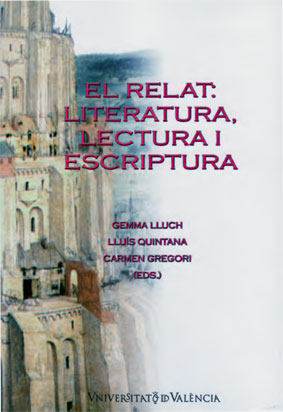The salvation of the Classics: Faithful adaptations to the original
DOI:
https://doi.org/10.7203/qf-elit.v18i0.3292Keywords:
adaptation, classical literature, accuracy, enjoyment and learning Abstract
Abstract
In this essay I intend to outline a possible procedure to adapt with accuracy a classical text, having as a main goal the transmission of the treasures it contains, but with an absolute respect not only towards the oral story, but also to the unique perception of the tale. The classical philosophers established monere et delectare as the main goal for literary creation; we cannot forget this: texts always intend to make a learning, and what we have to achieve is also an enjoyment for the nowadays reader. I will use as an example of this theoretical exposition the difficulties I have encounter in the many classical adaptations to children and students I have published, and also in the forms I have looked for to give them an appropriate solution.
 Downloads
Downloads
Downloads
How to Cite
-
Abstract944
-
PDF (Español)0
-
PDF (Català)442
-
PDF617
Issue
Section
License
 Este obra está bajo una licencia de Creative Commons Reconocimiento-NoComercial-SinObraDerivada 4.0 Internacional.
Este obra está bajo una licencia de Creative Commons Reconocimiento-NoComercial-SinObraDerivada 4.0 Internacional.
Authors who publish with this journal agree to the following terms:
- Authors retain copyright and grant the journal right of first publication with the work simultaneously licensed under a Creative Commons Attribution License that allows others to share the work with an acknowledgement of the work's authorship and initial publication in this journal.
- Authors are able to enter into separate, additional contractual arrangements for the non-exclusive distribution of the journal's published version of the work (e.g., post it to an institutional repository or publish it in a book), with an acknowledgement of its initial publication in this journal.
- Authors are permitted and encouraged to post their work online (e.g., in institutional repositories or on their website) prior to and during the submission process, as it can lead to productive exchanges, as well as earlier and greater citation of published work (See The Effect of Open Access).



